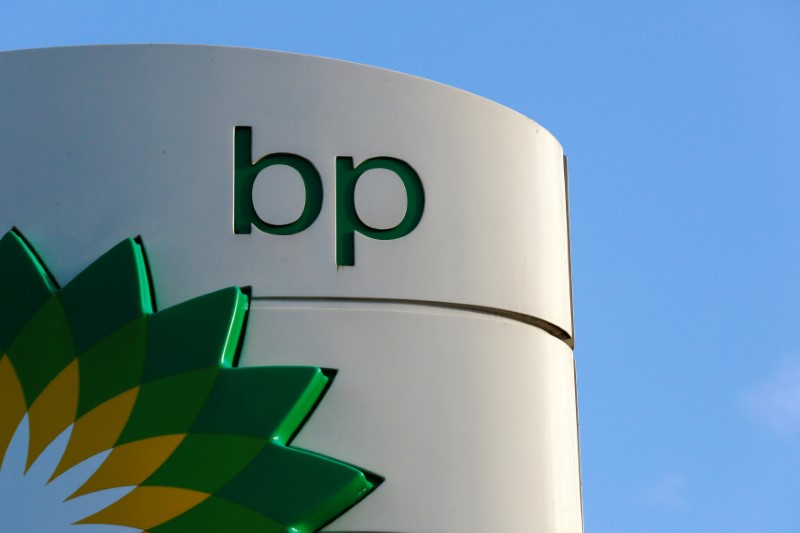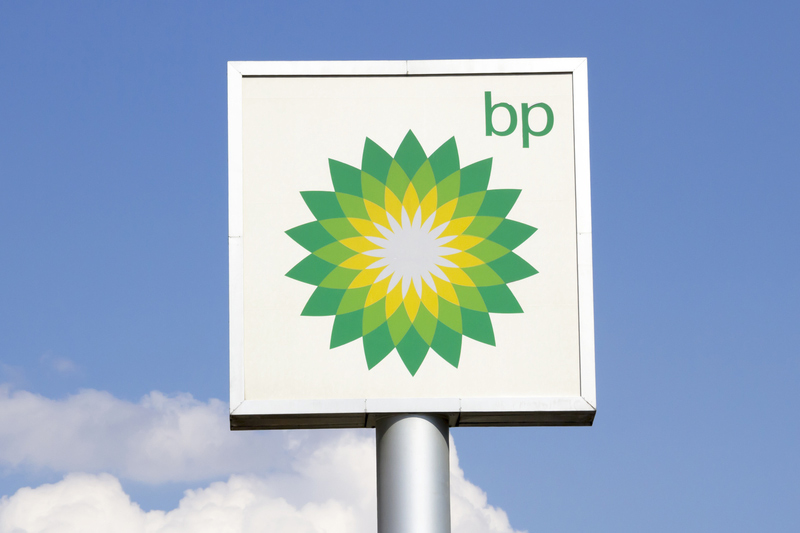By Karolin Schaps and Ron Bousso
LONDON (Reuters) - BP (L:BP) raised the oil price at which it can balance its books this year to $60 (£48.5) a barrel on Tuesday due to higher spending following a string of investments as annual earnings fell for a second consecutive year.
After the average oil price fell to its lowest in 12 years at $44 a barrel last year, BP said it expected prices to have found a floor for this year at $50 a barrel following a decision by major OPEC and non-OPEC producers to limit output.
The British oil and gas company, whose fourth quarter profits fell short of street expectations, had previously targeted a breakeven oil price of $50-55 a barrel.
The new target reflects an uptick in planned spending to $16-17 billion from $16 billion in 2016.
BP's annual underlying replacement cost, its definition of net profit, slumped to its lowest level in at least a decade to $2.59 billion, while fourth-quarter profit of $400 million missed analysts' forecasts by around 30 percent primarily due to $328 million in one-off charges.
It is the latest oil major to miss forecasts following worse-than-expected results from Royal Dutch Shell (L:RDSa), Chevron (N:CVX) and Statoil (OL:STL).
BP shares were down 2.9 percent at 0851 GMT at 462.5 pence, underperforming the sector index (SXEP) which was 0.6 percent lower.
"BP are not covering their dividend and they raised their cash breakeven point quite considerably," said Macquarie equities analyst Iain Reid.
"They are having to pay for what they bought and they are the only company that actually raised their breakeven number," he said.
BP has been on a spending spree in recent months, concluding a string of deals, including in Eni's (MI:ENI) giant Zohr offshore gas field in Egypt, contracts in Abu Dhabi and Azerbaijan and a stake in exploration areas off Mauritania and Senegal from Kosmos (N:KOS).
The burst in activity marks a return to growth for the company whose deadly 2010 Deepwater Horizon rig explosion in the Gulf of Mexico forced it to sell assets worth billions of dollars. But this growth also means higher costs.
BP's production is expected to rise this year as it is set to start up eight projects, including in Oman and Azerbaijan, the largest number in the company's history in a single year. The company hopes to add 800,000 barrels per day of new production by the end of the decade.
Chief Financial Officer Brian Gilvary told Reuters that a decision by oil-producing nations to cut output in order to prop up prices would have only limited impact on BP's production through its recently renewed Abu Dhabi concession.
"If everything holds in terms of what OPEC has said I think we will hold north of $50 a barrel," Gilvary told Reuters.
BP reported an annual loss of $542 million in its oil and gas production division, known as upstream, while profits for the refining and trading division were down 25 percent at $5.6 billion.

BP's bill to compensate for damages caused by the explosion and ensuing oil spill have risen to $62.6 billion.
